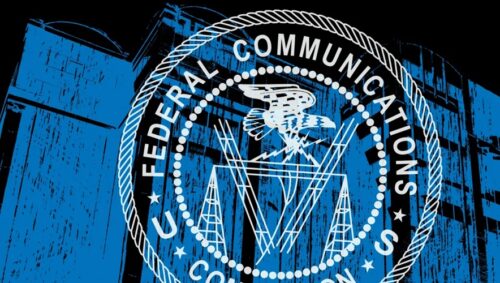
7.71.24 – Telecompetitor
On Tuesday, Federal Communications Commission (FCC) Chairwoman Jessica Rosenworcel proposed new rules to protect U.S. consumers against AI robocalls.
The new rules would set definitions for what constitutes AI robocalls. If a caller is using AI robocall technology, they would be required to disclose that information to a consumer in the process of getting permission to call.
“Bad actors are already using AI technology in robocalls to mislead consumers and misinform the public,” said Chairwoman Rosenworcel. “That’s why we want to put in place rules that empower consumers to avoid this junk and make informed decisions.”
In addition to disclosure before using AI robocalls, the rules would protect “the positive uses of AI” that help people with disabilities use telephones and voice services more easily. The proposal also recommends further research into technologies that can help people be informed of and avoid illegal or undesired AI-generated robocalls.
The new proposed rules will be discussed and voted on at the FCC’s open meeting on August 7. In the meeting agenda, the Chairwoman wrote, “Artificial intelligence technologies can generate automated voice calls and text messages, while also enabling tools to help filter out sophisticated spam and phishing schemes that cost Americans millions each year. We will vote to consider rules to seize the opportunities of AI regarding robocalls and robotexts, while mitigating the harms.”
The FCC has taken steps to address robocalls and similar issues, including banning voice cloning for robocalls and proposing substantial fines for violations, fining providers that carry those calls, and sending cease-and-desist letters to violators.
The FCC recently took steps to block certain types of phishing robocalls. Their efforts and the work of providers have helped the number of robocalls decline year-over-year.
The FCC is also considering requiring disclosure if AI-generated materials are used in radio and television political ads.
